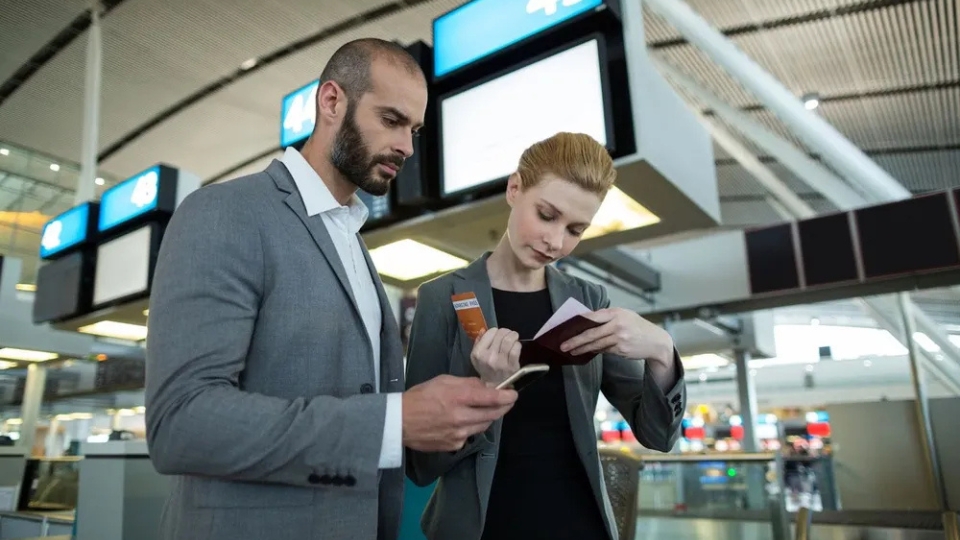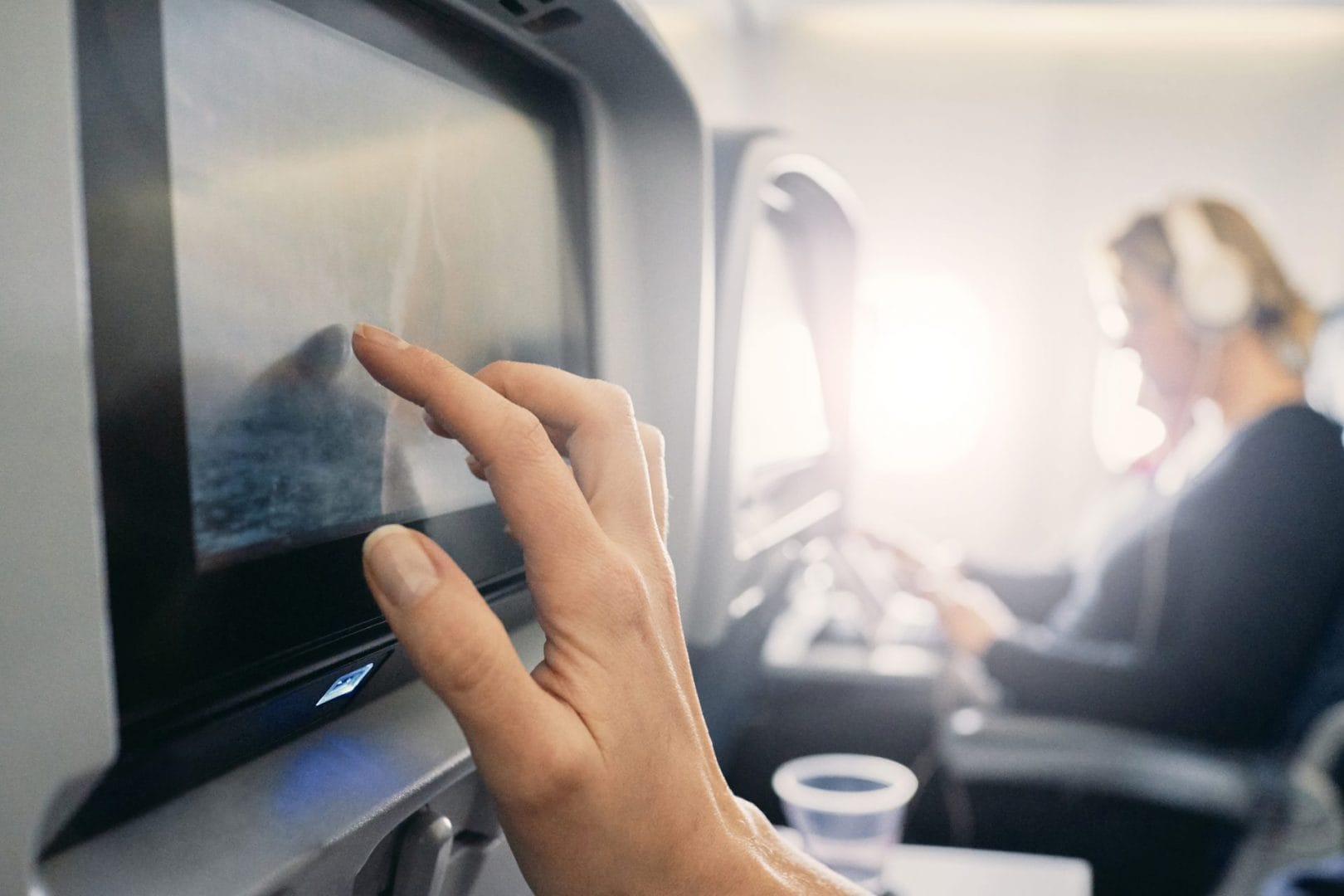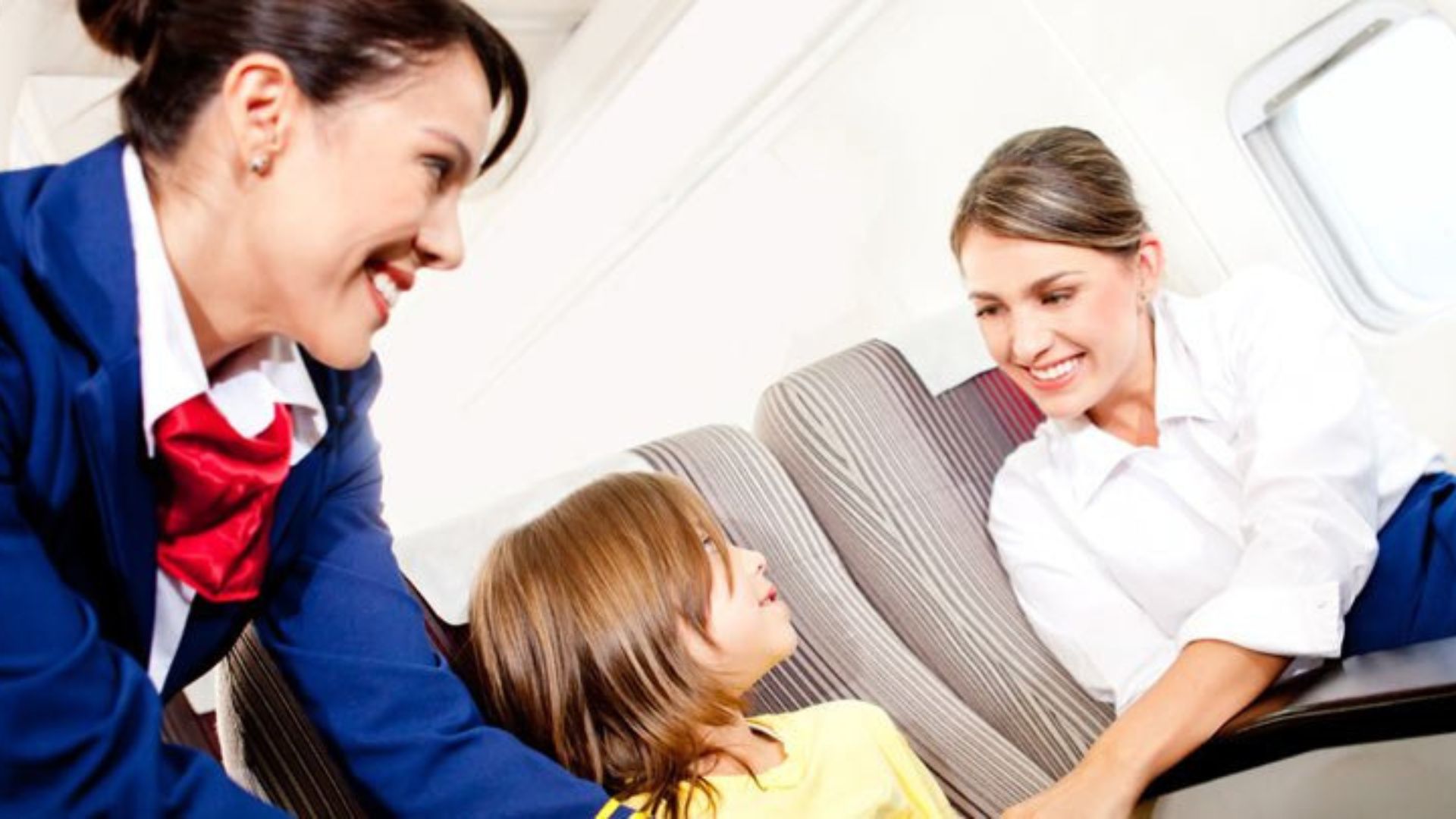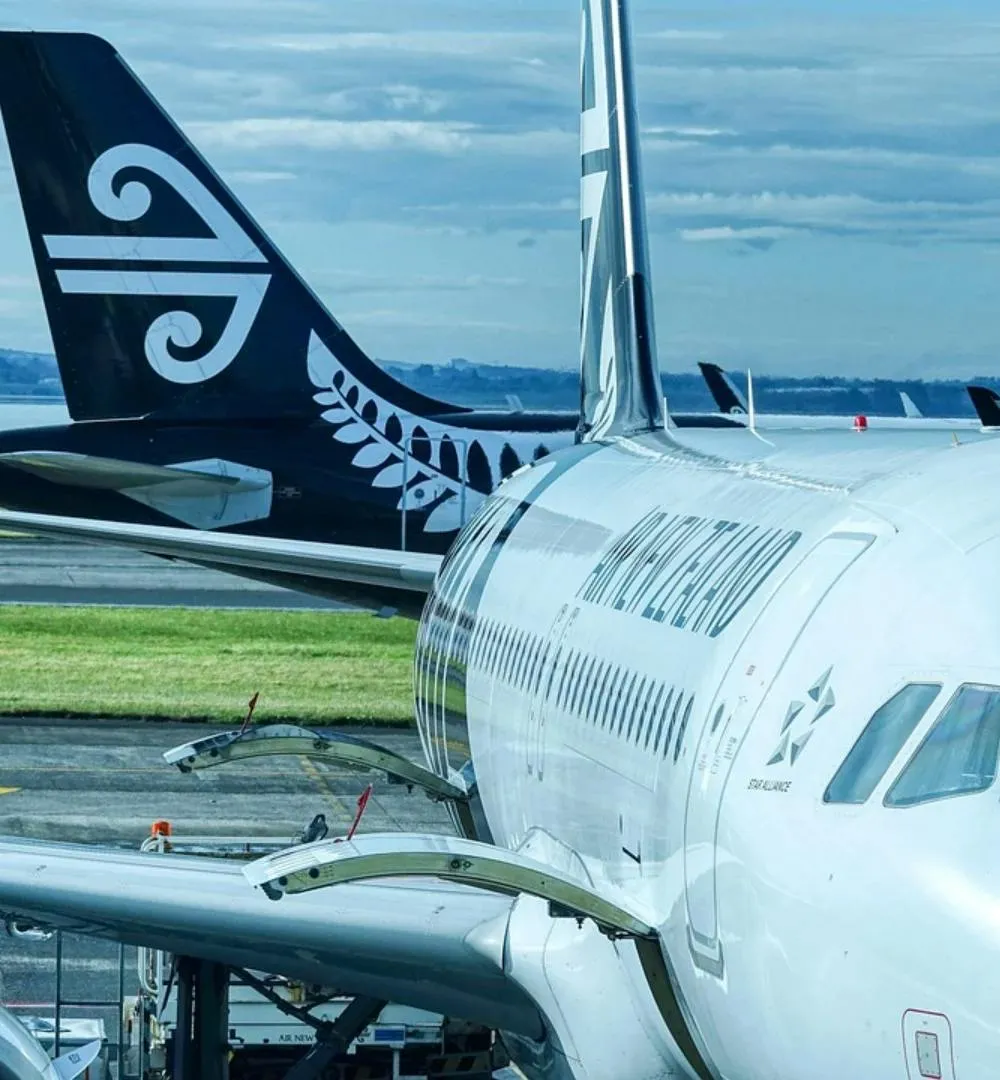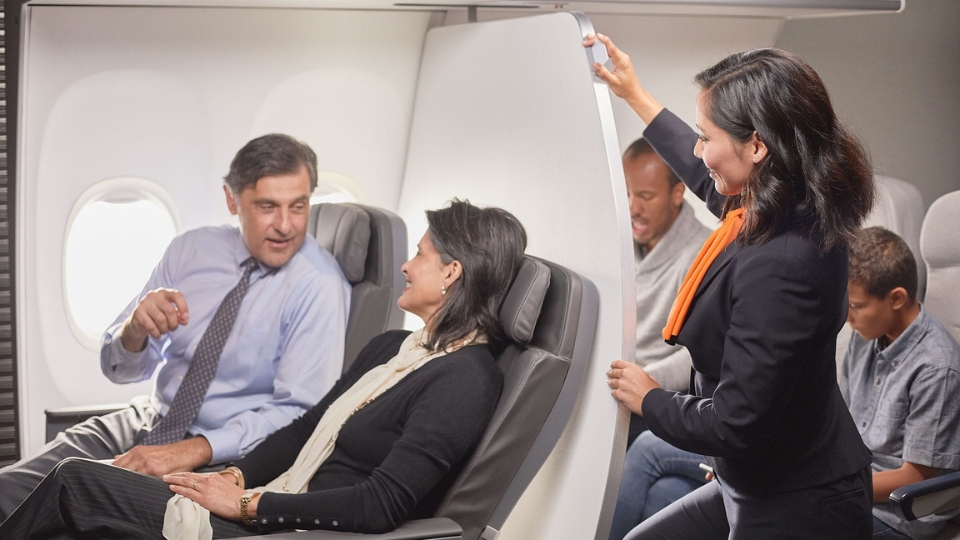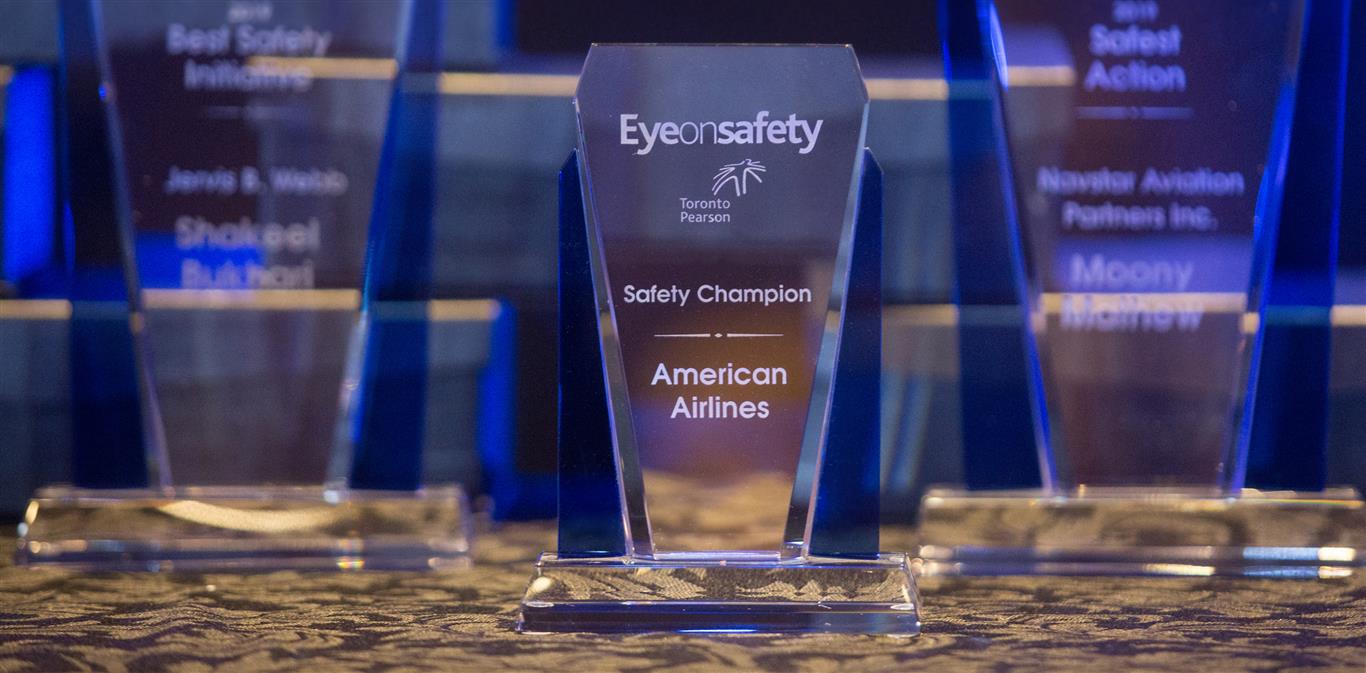Customer experience plays a critical role in the airline industry. Airlines that focus on passenger satisfaction build loyalty, enhance brand reputation, and gain a competitive edge. Improving customer experience requires a combination of efficient operations, personalized service, advanced technology, and attentive staff.
By implementing key strategies, airlines can create memorable journeys that encourage passengers to return, while fostering a culture of excellence across their operations.
Personalize Passenger Services
Personalization significantly enhances the travel experience. Airlines can tailor services to meet individual passenger needs and preferences.
-
Customized seating and meals: Allow passengers to select preferred seats and meals that accommodate dietary restrictions.
-
Loyalty programs: Reward frequent flyers with points, upgrades, and exclusive offers to increase retention.
-
Targeted communication: Send timely notifications about flight updates, promotions, or services based on passenger preferences.
-
Special accommodations: Provide support for families, elderly travelers, or passengers with disabilities to ensure comfort and convenience.
By personalizing interactions, airlines show passengers they value their unique needs, which strengthens trust and loyalty.
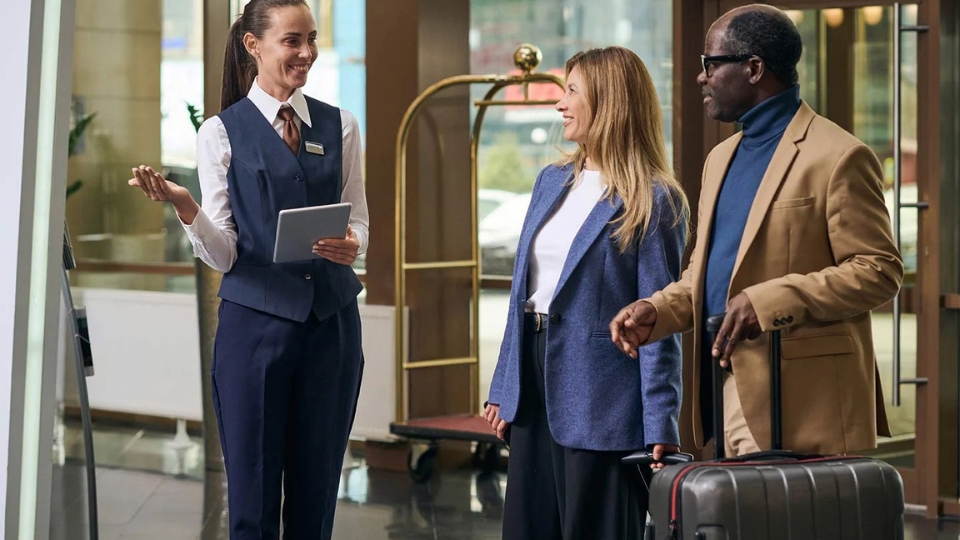
Top Tips for Improving Airline Customer Experience
Streamline Booking and Check-In Processes
Efficiency during booking and check-in sets the tone for the entire journey. Airlines should minimize friction at every step.
-
Mobile and online check-in: Enable passengers to check in digitally, reducing wait times and enhancing convenience.
-
Self-service kiosks: Offer fast and easy solutions for boarding passes and baggage tagging at airports.
-
Flexible ticket options: Allow passengers to modify bookings or upgrade seats with ease.
-
Priority services: Provide expedited security or boarding for premium passengers and loyalty members.
Consequently, streamlined processes reduce stress and create a positive first impression.
Invest in Staff Training and Engagement
Attentive and knowledgeable staff are essential for an excellent customer experience. Airlines must focus on training and employee engagement.
-
Comprehensive training: Equip staff to handle emergencies, customer inquiries, and special requests efficiently.
-
Customer-focused culture: Encourage proactive assistance and problem-solving among all employees.
-
Recognition and motivation: Reward staff for exceptional service, fostering pride and engagement.
-
Consistency: Ensure high-quality service across all locations and touchpoints.
As a result, motivated and trained staff contribute to smoother operations and improved passenger satisfaction.
Enhance In-Flight Comfort and Amenities
Passengers value comfort and convenience during flights. Airlines should invest in amenities that make journeys enjoyable.
-
Ergonomic seating: Provide comfortable seats with sufficient legroom and adjustable features.
-
Entertainment options: Offer movies, TV shows, music, and games to engage passengers.
-
Quality meals and beverages: Serve meals that meet diverse dietary needs and include premium options for long-haul flights.
-
Wellness amenities: Supply blankets, pillows, and kits to enhance passenger comfort.
By prioritizing onboard comfort, airlines make flights more enjoyable and reduce travel fatigue.
Leverage Technology to Improve Service
Technology allows airlines to deliver faster, smarter, and more convenient experiences.
-
Mobile apps: Let passengers manage bookings, check flight status, and access digital boarding passes.
-
AI-driven personalization: Recommend services or upgrades based on passenger history and preferences.
-
Contactless solutions: Implement touchless check-in, boarding, and payments for efficiency and safety.
-
Data analytics: Use insights to improve services, optimize operations, and anticipate passenger needs.
Therefore, technology enables airlines to provide smoother, more personalized experiences.
Communicate Proactively and Transparently
Effective communication builds trust and enhances the customer experience. Airlines should keep passengers informed and engaged throughout their journey.
-
Real-time updates: Notify passengers of delays, gate changes, or connecting flights promptly.
-
Multiple support channels: Offer assistance via phone, chat, email, and social media.
-
Proactive problem-solving: Address issues before passengers encounter them, reducing stress and frustration.
-
Clear policies: Communicate baggage rules, fees, and procedures clearly to avoid confusion.
By prioritizing transparent communication, airlines ensure passengers feel supported and informed.
Conclusion
Improving airline customer experience requires a holistic approach that combines personalized services, efficient processes, trained staff, in-flight comfort, innovative technology, and proactive communication.
Airlines that implement these strategies enhance passenger satisfaction, foster loyalty, and strengthen their brand. Travelers benefit from smoother journeys, greater comfort, and a sense of confidence throughout their flight. Ultimately, prioritizing customer experience creates long-term success for both airlines and passengers alike.

